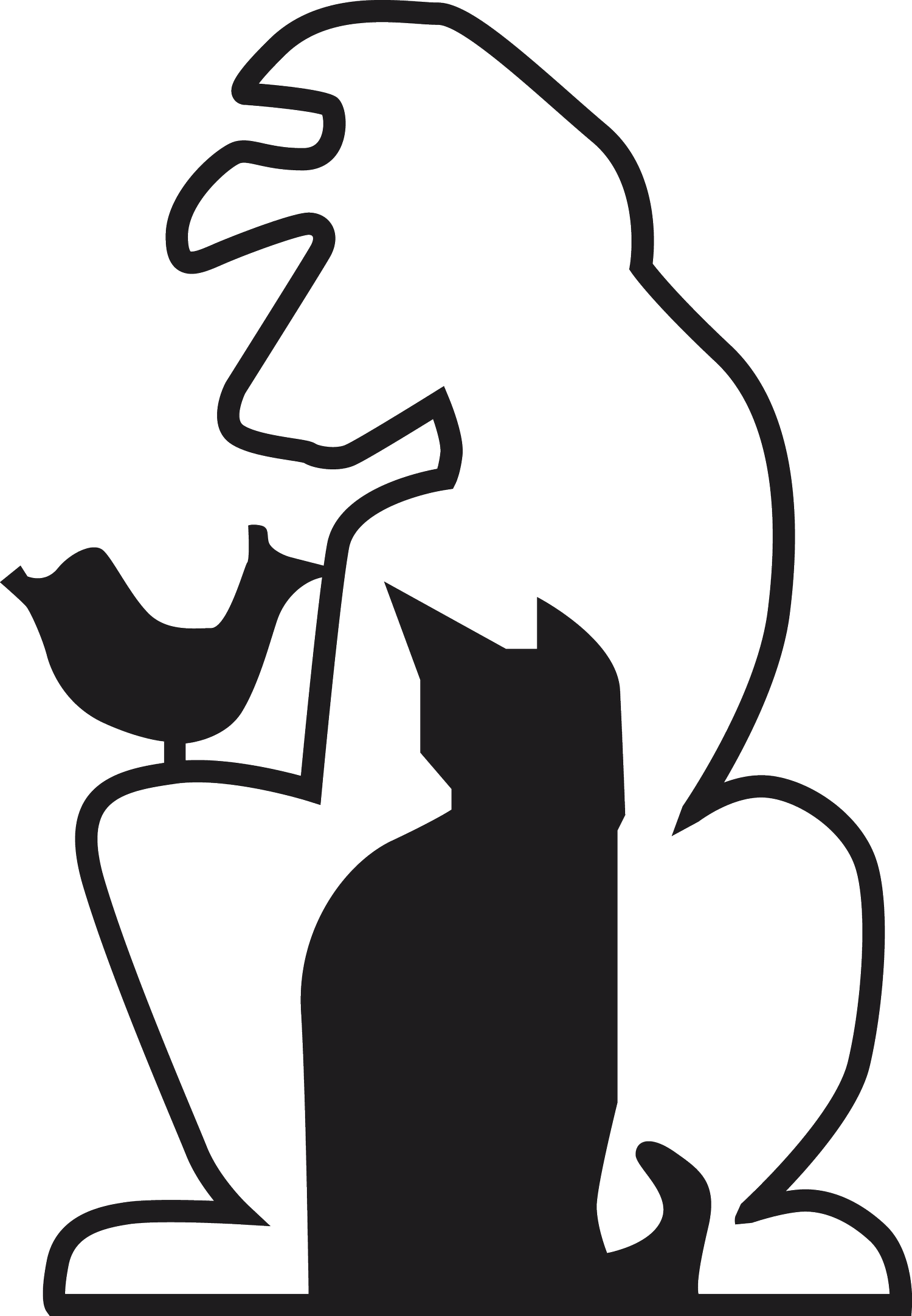Dogs Eating Eating Things They Shouldn’t
Dogs are naturally curious creatures, often leading them to eat things that are not only inedible but potentially dangerous. This behavior can cause various health issues, ranging from minor digestive upset to severe, life-threatening conditions. It is crucial for pet owners to understand the risks and know how to respond if their dog ingests something harmful.
Common Foreign Objects Dogs Eat
Dogs often ingest non-food items out of curiosity, boredom, or due to behavioral issues like anxiety. Common foreign objects include:
Socks and Underwear
Toys (especially small parts/pieces chewed off larger toys)
Coins
Plastic bags and wrappers
Rocks
Sticks
Jewelry
Bones and Antlers (especially cooked bones, which can splinter)
These objects can cause irritation or obstructions in the gastrointestinal tract, leading to severe complications if not treated promptly.
Common Toxic Foods and Plants
In addition to non-edible items, dogs often ingest foods and plants that are toxic to them. Here are some common toxic substances:
Foods:
Chocolate - can cause GI upset, tremors, or induce other life threatening symptoms at high doses
Grapes and raisins - can cause an idiosyncratic reaction that induces acute kidney failure, can be fatal
Xylitol (found in sugar-free gum and some peanut butters and other products - causes a massive release of insulin and serious hypoglycemic crisis in dogs
Onions and garlic
Alcohol
Caffeine
Plants:
Lily (especially dangerous to cats, some varieties also affect dogs)
Sago Palm
Rhododendron
Azalea
Tulip bulbs
Oleander
Other Poisons:
Rodent bait/poison
Anti-freeze
Treatment for Ingestion of Foreign Objects or Toxic Substances
At YVC we approach every ingestion case individually. We will start by assessing the patient and investigating what was potentially ingested. Any information that can be provided including as much specific information about the product possibly ingested, how much was ingested, when ingested, and any other relevant information.
Inducing Vomiting: If the ingestion has occurred within the last few hours, inducing vomiting is often included in the first line of treatment. The decision to do this will be made on a case-by-case basis and should only be done under the guidance of a veterinarian, as some substances can cause more harm if vomited.
Fluid Therapy: Dehydration is a risk if the dog has vomited repeatedly or if the ingested item is causing gastrointestinal upset or can cause harm to the kidneys. At YVC this most commonly comes in the format of subcutaneous fluid therapy, where fluid is given as a large dose at once under the skin and the patient absorbs the fluids into their bloodstream over the course of 12-24 hours.
Monitoring and Supportive Care: Monitoring the dog's vital signs, providing pain management, and keeping them comfortable are essential parts of treatment. Gastroprotectants or antiemetics may also be administered.
Surgical Intervention: If a foreign object has caused an obstruction or if there is significant damage to the gastrointestinal tract, surgery may be necessary to remove the object and repair any damage.
Referral to Specialty Clinic: In severe cases, particularly where 24-hour care is required, referral to a specialty clinic equipped to handle such emergencies is necessary.
Preventive Measures
Secure trash cans and keep hazardous materials out of reach.
Provide appropriate chew toys to keep your dog engaged.
Avoid feeding human food as treats, especially those known to be toxic to dogs.
Regularly inspect your yard and home for plants that could be harmful to pets.
Conclusion
The ingestion of foreign objects or toxic substances is a serious concern that can have dire consequences for your dog. Being aware of the risks and knowing how to respond can make a critical difference in the outcome. If you suspect your dog has ingested something harmful, contact Yarmouth Veterinary Center immediately for advice and intervention.
Yarmouth Veterinary Center
